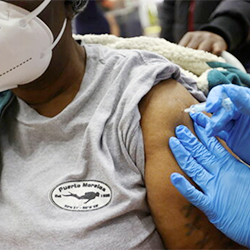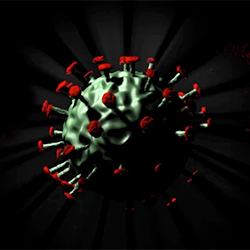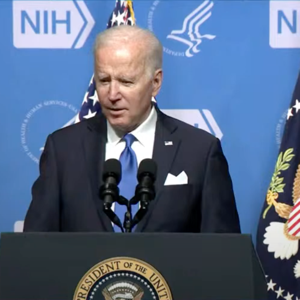By Gina Shaw
The best defense against the new SARS-CoV-2 variant, omicron, is the same strategy the nation has been using since it became available: Get vaccinated, according to public health experts. And if you are vaccinated, get boosted, they added.

“It looks like there is still protection afforded by our current vaccines against the omicron variant of COVID-19, but we still have a lot to learn,” said Peter Marks, MD, PhD, the director of the FDA’s Center for Biologics Evaluation and Research, in a session about COVID-19 vaccines at the ASHP 2021 Midyear Clinical Meeting and Exhibition, held virtually.
“With about two weeks of history with this variant, we don’t yet know a tremendous amount, but there are late-breaking data within the past day or so,” he said on Dec. 8. “I would temper that by saying that early data can be less than fully correct.”
Dr. Marks noted that recent reports from South Africa suggest that the omicron variant may be milder than previous COVID-19 subtypes, but he cautioned that South Africa has some confounding local factors that may make it premature to extrapolate those findings. “If you look at seroprevalence, about 70% to 80% of the population there has been exposed to COVID-19. So, it’s hard to know what this means elsewhere.
“Those reports from South Africa have made some people hopeful that maybe this will be the ‘common cold’ that will displace delta, because it does seem to be more transmissible—but we don’t even know that for sure. We do know that there have been severe cases and deaths related to omicron.”
Earlier in the day, Pfizer reported that a third dose of its COVID-19 vaccine provides a similar level of neutralizing antibodies to the omicron variant as is observed after two doses against wild-type SARS-CoV-2 and earlier variants. “Although two doses of the vaccine may still offer protection against severe disease caused by the omicron strain, it’s clear from these preliminary data that protection is improved with a third dose of our vaccine,” said Pfizer Chairman and CEO Albert Bourla.
“This is very preliminary data, though, based on in vitro experiments with sera from a relatively small number of individuals,” Dr. Marks cautioned. “So, what can we take from this? It’s not Armageddon. It looks like there’s still protection afforded by our current vaccines against this variant. Based on early data from Norway and other places, it appears that if you’ve been vaccinated, you’re not likely at all to get severe COVID-19 from omicron. And if you’ve been boosted, it looks like that could give you higher immunity, such that you might not even experience illness from the variant.”
It will probably take two to four more weeks before laboratory data, along with epidemiological data from the CDC, provide enough information that might suggest changes to the booster schedule or drive efforts to pursue a variant vaccine, according to Dr. Marks. “In the meantime, do not wait. Waiting around for a specific vaccine against this variant is not a good idea. The most important vaccine you can get is one of the ones we have right now.”
Sara Oliver, MD, who heads the CDC’s Advisory Committee on Immunization Practices COVID-19 Vaccines Work Group, agreed. “We don’t have a ton of information on omicron yet, but we can look back on what we learned with delta. Higher antibody titers across the board have been beneficial with all variants, and boosters are also likely to be helpful. The best way to get those higher antibody titers is to get the full-dose series and the booster.”




